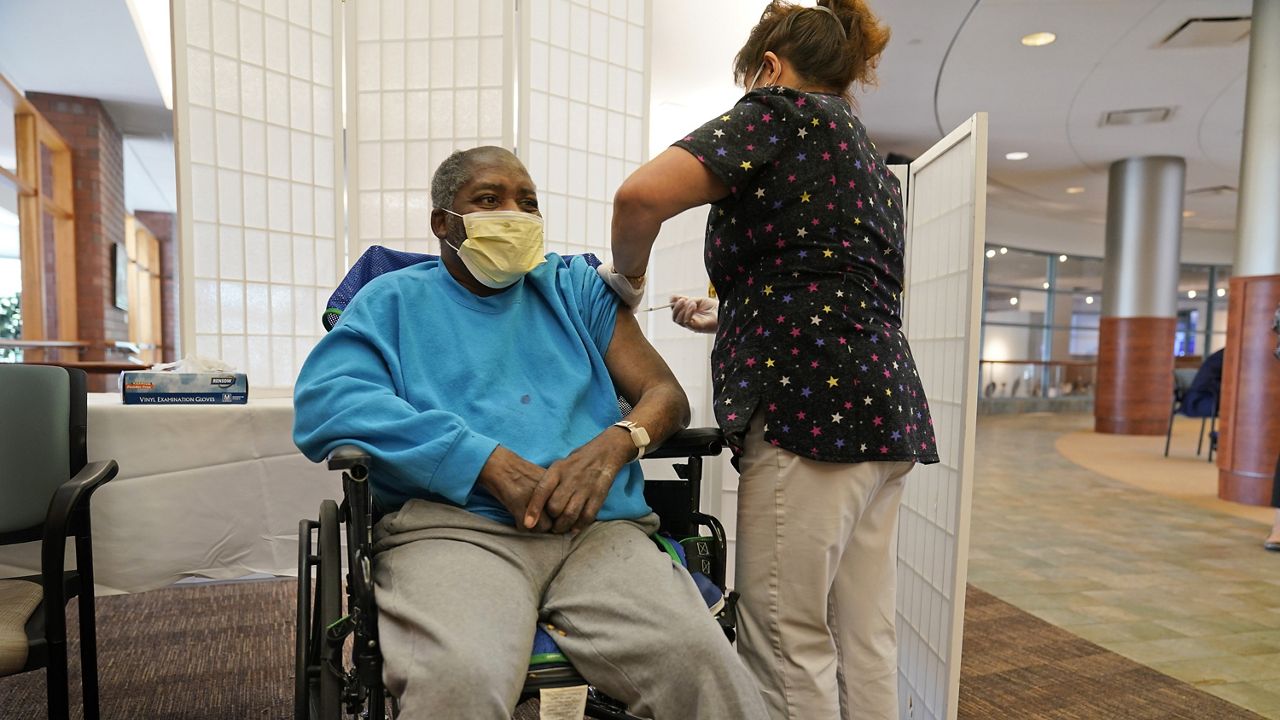People who received a third dose of a COVID-19 vaccine experienced side effects after the shot at similar rates to those who received two doses, according to a study from the Centers for Disease Control and Prevention (CDC), a promising sign about vaccine safety as booster doses roll out nationwide for millions of Americans.
"The frequency and type of side effects were similar to those seen after the second vaccine doses and were mostly mild or moderate and short-lived," CDC Director Dr. Rochelle Walensky said at a White House COVID-19 Response Team briefing on Tuesday.
Walensky said the report shows that booster doses "are well tolerated" so far, and implored those who are eligible to "talk with your healthcare provider, pharmacist, or health professional about your current risk for COVID-19, the benefit of a vaccine booster dose, and the safety of receiving an additional dose."
The CDC study looked at nearly 12,600 people who filled out health check-in surveys after their third doses of the vaccine on v-safe, "a voluntary, smartphone-based safety surveillance system" developed by the agency "to provide information on adverse reactions after COVID-19 vaccination." The study took place from mid-August – when federal regulators first authorized a third dose for immunocompromised Americans – to mid-September.
According to the study, 79.4% of those who received a third dose of the Pfizer-BioNTech or Moderna mRNA vaccines reported local side effects, such as pain or swelling at the injection site, compared to 77.6% who reported the same after their second dose.
The study also looked at systemic reactions, such as fever, headache, nausea, fatigue or chills. The study found that 74.1% experienced systemic side effects after their third dose, compared to 76.5% after a second dose.
"Most reported local and systemic reactions were mild to moderate, transient, and most frequently reported the day after vaccination," the study reads.
The study backed up similar findings from Pfizer and BioNTech, which conducted a small clinical trial of roughly 300 people that "showed that reactions after dose 3 were comparable to those reported after dose 2."
"These initial findings indicate no unexpected patterns of adverse reactions after an additional dose of COVID-19 vaccine; most of these adverse reactions were mild or moderate," the CDC added, promising to continue to monitor vaccine safety.








